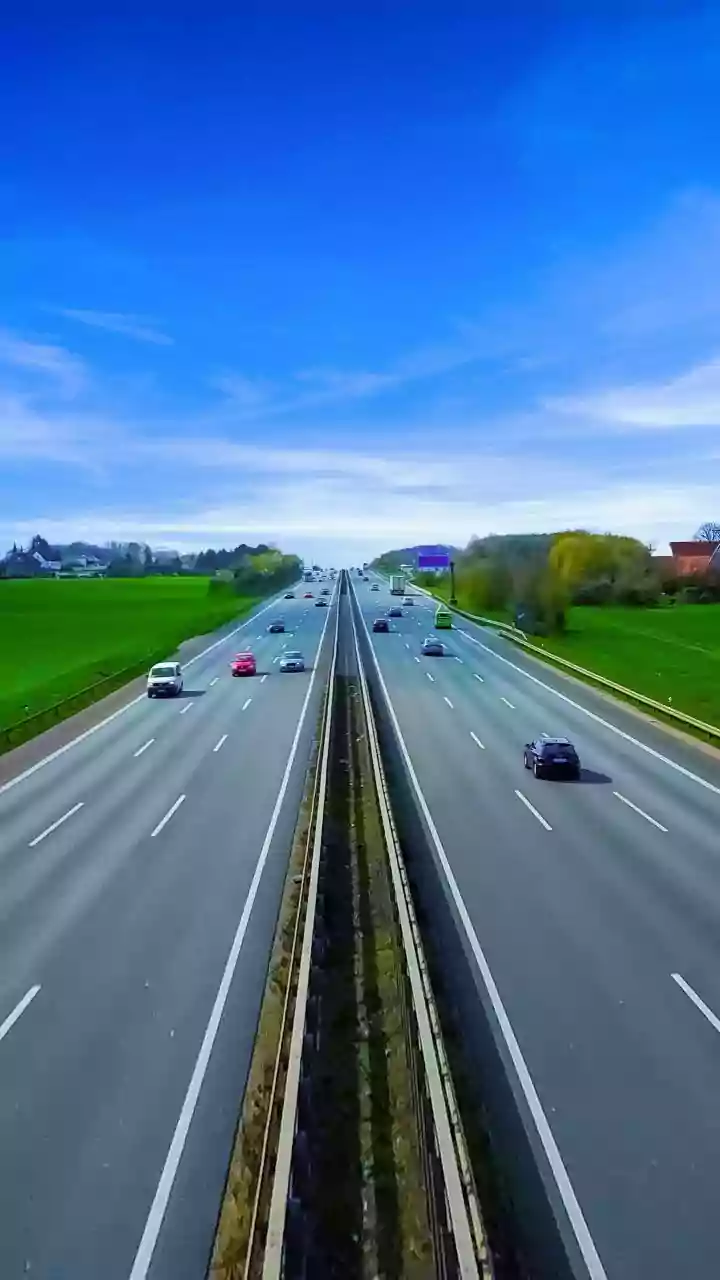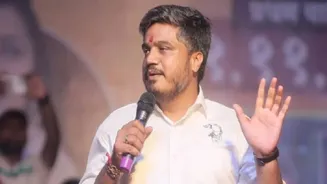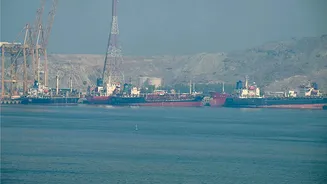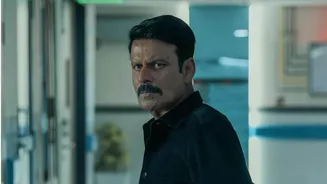Traffic Woes Discussed
The city's traffic problems have gained considerable attention, prompting discussions among various stakeholders. DK Shivakumar, the Deputy Chief Minister
of Karnataka, has entered the debate by defending Bengaluru's traffic, suggesting that the issue is being exaggerated compared to other major cities both in India and internationally. He cited London and Delhi as examples, highlighting that traffic challenges are not unique to Bengaluru. This assertion came during a panel discussion organized by the Bangalore Political Action Committee (B.PAC), in collaboration with Mount Carmel College. The discussion, focused on the Greater Bengaluru Authority (GBA), provided a platform to examine the complexities surrounding the city's traffic congestion and its management.
Defending the Situation
Shivakumar, in his defense, downplayed the severity of the traffic situation, describing it as manageable, even while acknowledging the challenges. He attributed the heightened attention to the issue to the freedom of expression enjoyed in Karnataka, particularly on social media, where citizen feedback is readily available. Shivakumar highlighted that the city's openness to criticism, unlike some other states, contributes to the perception of a larger problem. He suggested that the city’s vibrancy and openness lead to increased scrutiny. He also mentioned the complexities of managing Bengaluru, citing mobility, waste management, and water issues as significant hurdles. He further stated that the city is not a planned one.
Comparison to Other Cities
One of Shivakumar's key arguments involves comparing Bengaluru's traffic to that of other major cities. He pointed out that even in London, commuters might spend up to three hours traveling if they do not use public transport. Similarly, he referenced Delhi, where travel time from the airport to Parliament can take up to 1.5 hours. Despite these examples, Shivakumar highlighted that Bengaluru receives more attention than cities like Mumbai, Chennai, and Hyderabad. He emphasized that the complaints often tend to exaggerate the real situation. This perspective aims to place Bengaluru's traffic challenges in a broader context, arguing that the issues are not unique and that the public's perception might be inflated.
Industry Leaders' Views
The narrative surrounding Bengaluru's traffic is not without dissent. Industry leaders, including Pai and Biocon Chairperson Kiran Mazumdar-Shaw, have flagged the traffic situation as a failure of governance, advocating for “emergency measures". This perspective underscores the impact of traffic congestion on various sectors, leading to calls for immediate intervention. The criticism highlights the difficulties faced by businesses and residents due to increasing commute times and infrastructural issues. This differing perspective from the industry leaders stands in contrast to the government's stance, creating a complex dynamic in addressing the issue.
BlackBuck's Move
The debate on traffic woes was further amplified by BlackBuck, a logistics unicorn, announcing its move away from the Outer Ring Road (ORR) corridor in Bengaluru. The company cited worsening road conditions and commute times reaching up to 1.5 hours each way as the primary reasons. CEO Rajesh Yabaji specifically mentioned that the nine-year-old Bellandur office became untenable due to potholes, dust, and a lack of action from civic authorities to improve the stretch. This move underscores the tangible impact of traffic congestion on business operations, potentially leading to economic consequences and highlighting the need for effective solutions. The company's decision serves as a concrete example of the real-world consequences of the city's traffic challenges.
GBA's Role Outlined
Shivakumar discussed the formation of the Greater Bengaluru Authority (GBA) during the panel discussion. He stated that the GBA aims to improve governance and foster better coordination among various departments. The initiative is intended to create a more streamlined and effective system for managing the city's challenges. While details on the GBA's exact structure and functions were not provided in the source material, the announcement indicates a proactive step toward addressing Bengaluru's ongoing issues. The GBA's role is pivotal in shaping the future of traffic management, waste disposal, and resource allocation for the city.




















